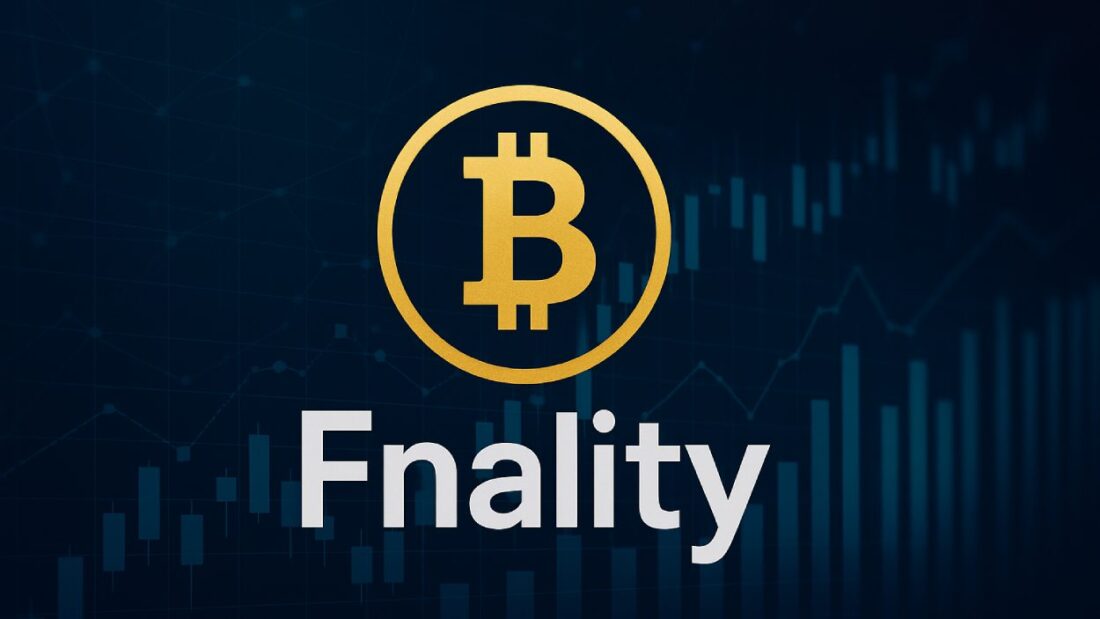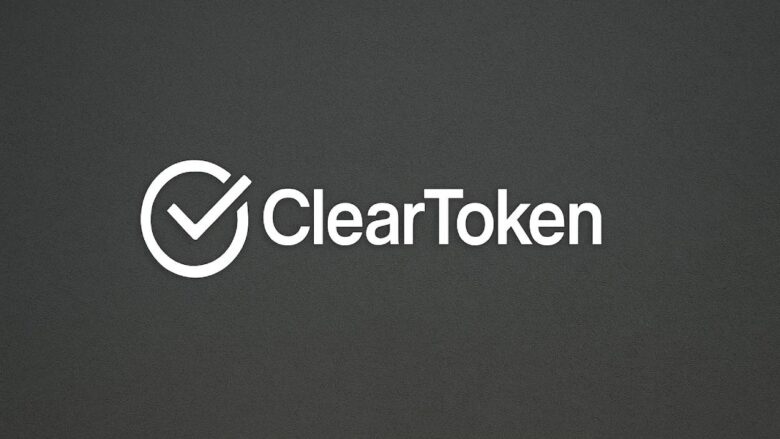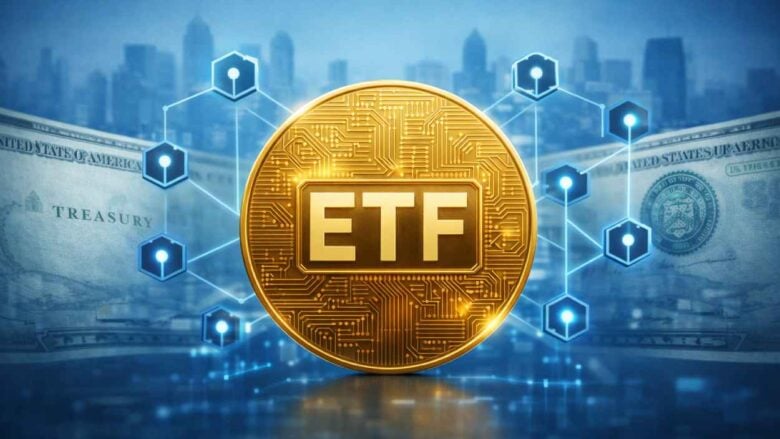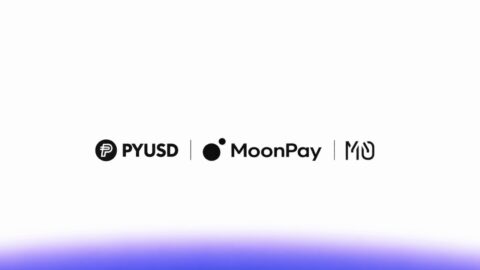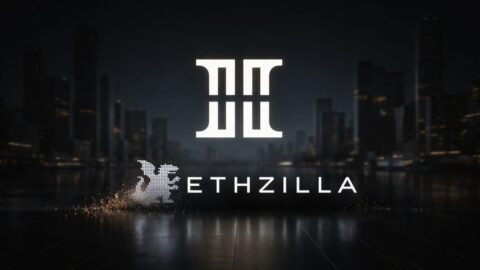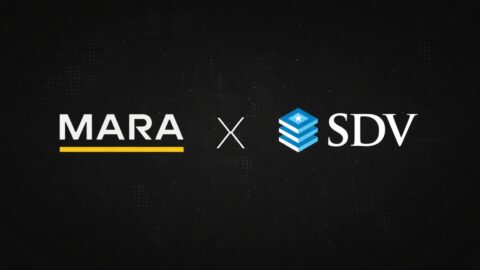London-based fintech firm Fnality has raised $136 million in a Series C round to expand its blockchain-based wholesale payments infrastructure, with backing from some of the world’s biggest banks and financial institutions.
Key Takeaways
- Fnality secured $136 million in Series C funding led by Bank of America, Citi, WisdomTree, KBC Group, Temasek and Tradeweb, with support from Goldman Sachs, UBS, Barclays and Santander.
- The company operates the Fnality Payment System, built on distributed ledger technology and backed by central bank money.
- Funds will be used to expand into US dollar and euro markets, enhance liquidity tools, and support settlement of tokenized assets.
- Fnality’s blockchain network enables real-time settlement, cross-currency payments and tokenized securities transactions, reducing risk and improving efficiency for banks.
What Happened?
Fnality announced Tuesday that it had closed a $136 million Series C funding round. The new capital will support the rollout of its blockchain settlement systems in multiple currencies and help integrate tokenized assets like securities, stablecoins and deposits into its network.
The raise marks a milestone for Fnality, which launched its sterling-denominated payment system in the United Kingdom last year. The company now aims to extend its reach to US dollars and euros, pending regulatory approvals, while enhancing its infrastructure for cross-border payments and liquidity management.
We are proud to announce the successful close of our #SeriesC funding round, which marks a significant milestone in our mission to build a new global settlement network.
— Fnality (@fnality) September 23, 2025
Read our official PR: https://t.co/fYJFnA6bxS pic.twitter.com/orYIHo6HY3
Major Banks Back Tokenized Settlement
Fnality’s funding round reflects growing interest from traditional financial institutions in tokenized finance. The investment was led by Bank of America, Citi, WisdomTree, KBC Group, Temasek and Tradeweb. Returning investors included Goldman Sachs, UBS, Santander and Barclays.
CEO Michelle Neal said the funding round underscores a shared belief that “the future of money demands a new foundation.” She added that Fnality’s systems provide 24/7 payment rails, real-time settlement and improved liquidity anchored in the security of central bank money.
WisdomTree CEO Jonathan Steinberg described Fnality’s platform as a “critical foundation” for tokenized finance, while Citi’s head of digital strategy Deepak Mehra said the initiative aligns with the bank’s goal of creating more interoperable digital asset payment systems.
Expanding Blockchain Settlement Capabilities
Fnality’s infrastructure enables:
- Real-time repo settlement, where trades that normally take a day can settle instantly.
- Delivery-versus-payment for tokenized securities, allowing instant settlement between cash and assets.
- Payment-versus-payment for foreign exchange, reducing the need for intermediaries.
The system aims to make global settlements faster, safer and more capital efficient by connecting traditional finance (TradFi) with tokenized markets.
Broader Industry Momentum
The Series C raise comes as tokenization and blockchain payment rails gain traction across the financial sector. JPMorgan Chase is developing deposit tokens for institutional clients, HSBC is expanding tokenized deposits for cross-border transactions, and Google recently launched an AI-driven payment protocol with stablecoin support.
Meanwhile, collaborations such as SBI Shinsei Bank’s partnership with Singapore’s Partior and Japan’s DeCurret DCP highlight the push to create multicurrency blockchain settlement systems.
Fnality says its goal is to provide the global settlement network of the future, where banks and institutional investors can transact seamlessly across currencies and asset classes.
CoinLaw’s Takeaway
I think Fnality’s raise is one of the clearest signs yet that tokenized finance is moving from concept to reality. The fact that so many big banks are backing this project tells me they see real value in cutting settlement times and reducing risk. In my experience, once institutions start investing at this scale, it usually means the tech is here to stay. I find it especially exciting that Fnality’s system is tied directly to central bank money, which could make adoption smoother and more trustworthy compared to purely private blockchain solutions. This is the kind of infrastructure shift that can reshape how global finance works in the next decade.

